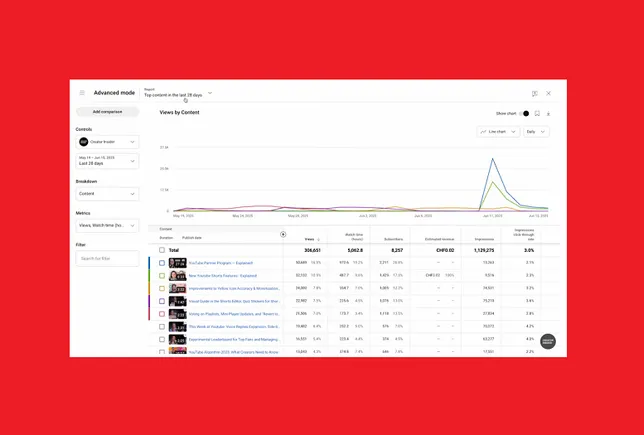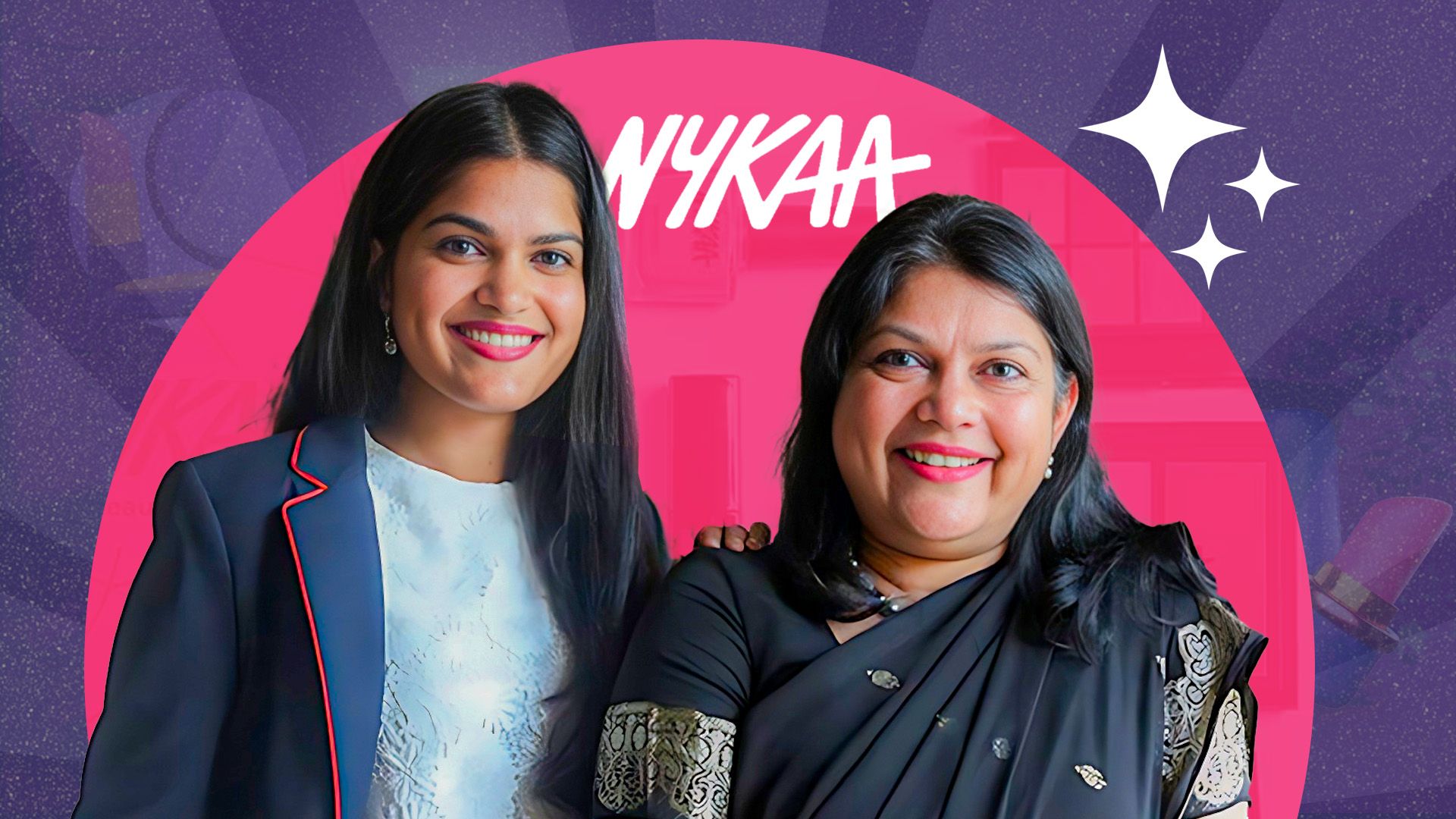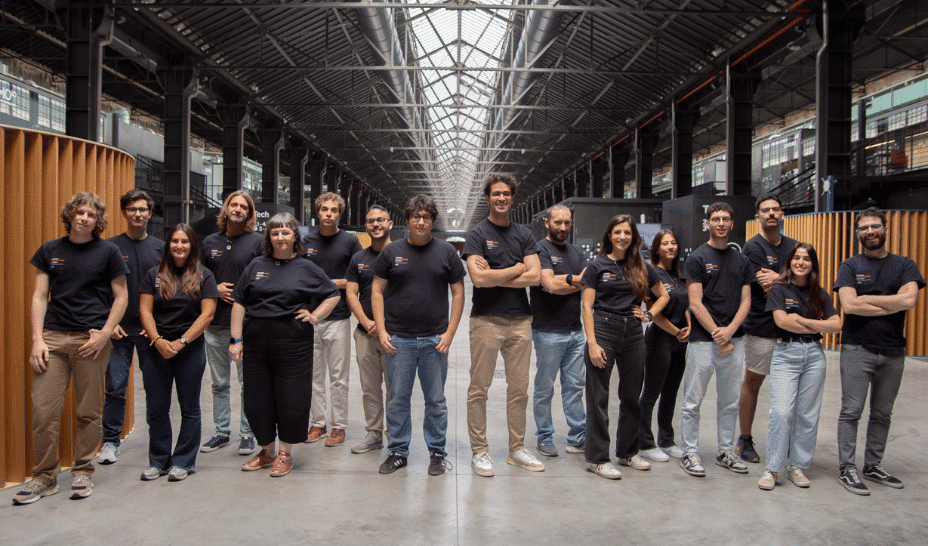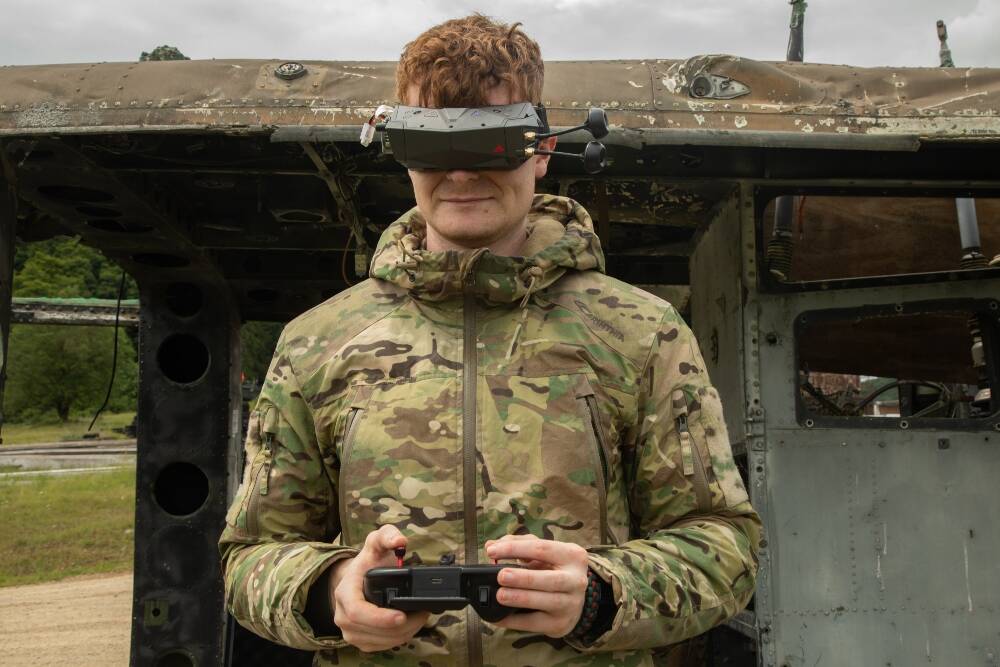How CultureMonkey is helping businesses build and enhance company culture
Chennai-based CultureMonkey helps companies globally create great workplace cultures that keep employees engaged, motivated, and drive business growth.


During a talk at a tech event in February 2020, entrepreneur Senthil Kumar Muthamizhan discussed topics such as friendship, flexibility, and the importance of a welcoming atmosphere in the workplace.
Muthamizhan—who founded software development company 'effy' in 2017—soon realised that he was about building company culture. Later that year, he founded his second company, an employee engagement platform .
“With no attrition in a year and a half of effy’s existence, I realised that I was doing something right. But since it was a software company, I also wanted to create a product. After that talk, I set up CultureMonkey with my co-founders. It is an employee engagement platform, and its services act as the bridge between founders and their workforce,” Muthamizhan says.
The SaaS-based company was founded in 2020 by Founder and CEO Muthamizhan, Co-founder and CTO Joseph Christopher (who also co-founded effy), and Co-founder and CRO Tushar Kalia.
“I take care of the product, Joseph looks after the engineering, and Tushar handles sales and the Go-To-Market (GTM) strategy,” the CEO says.
CultureMonkey is headquartered in Chennai (marketing and engineering operations), and has offices in Bengaluru (sales) and Claymont, Delaware, for US-based clients. The company has about 60 employees.
The rare pandemic profit
As the COVID-19 pandemic hit and the world closed its doors to the ‘outside’, workforces went online. This served as a silver lining to companies that provided digital services, including CultureMonkey.
“The years 2020 and 2021 were great for us business-wise. Since everybody was working from their homes, organisations wanted to have a dashboard to check how employees were feeling. That period had increased traction for us,” Muthamizhan says.
The relationship between Indian companies and SaaS (Indian or otherwise) has been murky. According to a 2024 IDC-Zoho report, 75% of companies faced “severe deployment delays”, and that contributed to “missed revenue opportunities” amounting to Rs 5.6 crore per enterprise. Muthamizhan says modern Indian companies adopt SaaS models more often, but with a catch.
“Many new-age Indian companies like Razorpay, who were our first client, adopt SaaS with more ease. But the problem is that the Indian market demands a lot of customisation, in the sense that they don’t respect what the service is for. This becomes very tricky for SaaS companies, especially bootstrapped organisations like us,” he says.
He adds that CultureMonkey has had a better experience with US and European companies as they “honour the philosophy of the product and use it the way it was intended”.
Some of CultureMonkey’s first clients were RentMojo, ClearNow, and Reverie Language Technologies, which have been with the SaaS startup for five years now.
Key products
This business-to-business (B2B) startup prides itself on its customisable nature when it comes to enterprise problems across various sectors, like logistics, retail, manufacturing, healthcare, and finance, among others.
“CultureMonkey is a great fit for workflows spread across the globe. It could be workflows dealing with 25,000 employees who speak 50 different languages and are spread across multiple omnichannels. We help companies facing problems with the participation rate of their employees. This is where we win,” he says.
The startup’s account management team stays constantly in touch with the customer POCs while a survey is live. “Once the survey ends, we also share reports that enable companies to see hotspots and take action,” Muthamizhan explains.
The startup sees a lot of traction in the candidate engagement space. With AI agents popping up constantly, the founder says they are trying to balance the relationship between real people and AI.
“Do you know that saying ‘When you have a really good hammer, everything you look at feels like a nail’? That’s what’s happening with AI adoption right now. Instead, we are trying to optimise the repetitive processes that happen during hiring,” he says.
“The interviews will still be conducted by humans, and our AI will create a comprehensive profile for every candidate, which would make it easier for the hiring manager to make their decision,” he says, adding that this service will be live in the next few weeks.
As of 2025, CultureMonkey has over 150 clients across more than 100 countries. Pricing varies depending on the company. On average, for a 1,000-member workforce, it charges between Rs 15,000 and Rs 20,000 a year.
It competes with Australia-based Culture Amp and US-based companies like Qualtrics and Peakon. Unlike most competitors, CultureMonkey offers end-to-end customisable surveys that are multilingual and accessible across multiple employee touchpoints, Slack, MS Teams, email, and others.
While the founders did not disclose investment and revenue figures, the company aims for 20X growth in the next two years. It hopes to achieve this by working with enterprises across the US, Europe, and the Middle East regions.
“While we are definitely looking towards getting more funding, we adhere to the philosophy of essentialism. We want to do much more with very little, and it’s very much possible now, especially with AI,” says Muthamizhan.
Edited by Suman Singh





![How Social Platforms Measure Video Views [Infographic]](https://imgproxy.divecdn.com/AncxHXS242CT-kDlEkGZi7uQ2k70-ebTAh7Lm14QKb8/g:ce/rs:fit:770:435/Z3M6Ly9kaXZlc2l0ZS1zdG9yYWdlL2RpdmVpbWFnZS9ob3dfcGxhdGZvcm1zX21lYXN1cmVfdmlld3MucG5n.webp)
































































































































































































